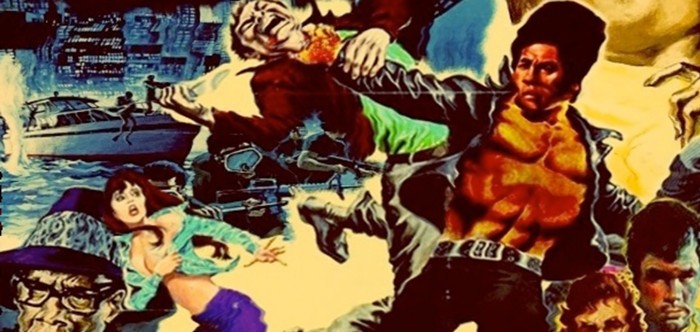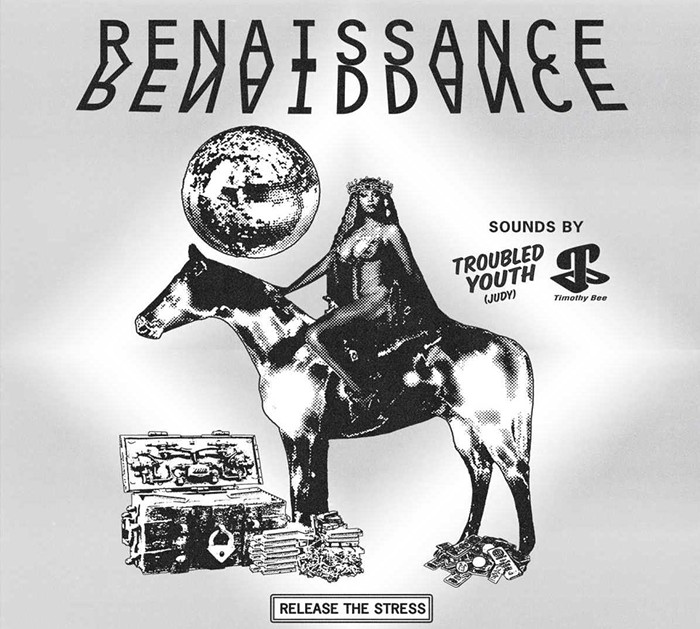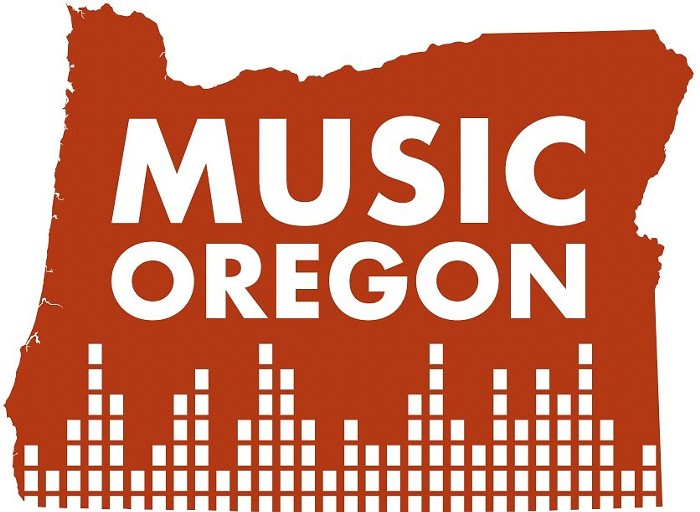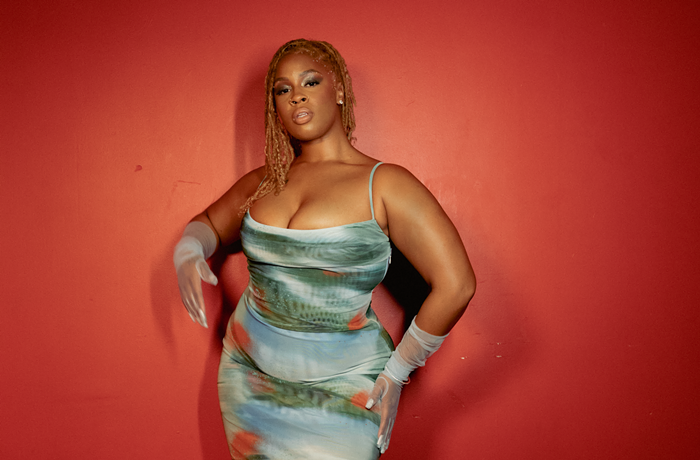
This past January, singer/songwriter Julie Byrne released her second full-length album, Not Even Happiness. Byrne currently lives in New York City, where she works seasonally as a Central Park ranger, but her new record dwells in many corners of America.
Bookended by opener “Follow My Voice” and closing track “I Live Now as a Singer,” Not Even Happiness plays like an inward-facing travel diary, where Byrne reflects on the times “I have dragged my life across the country.” Though these are love songs, the love doesn’t seem to exist in the places where Byrne feels free: “To me, this city’s hell,” she sings. “But I know you call it home/I was made for the green/Made to be alone.” Not Even Happiness tallies all of these stops she makes, piecing together both warm and tense memories into a jagged stained glass window: birds calling across the prairie and “the warmest days of love” (“Morning Dove”), driving through the Southwest under pure blue skies and longing to feel moved (“Natural Blue”), dreaming of the wild evergreen forests of the “mystic West” when she feels lonely and trapped in her room (“Melting Grid”).
It’s uncomplicated folk music—Byrne sings quietly with her acoustic guitar against the light touch of strings, flute, harmonica, and samples—and this simplicity isn’t for everyone. Not Even Happiness is starkly beautiful, the kind of album that’s comforting as it churns with internal conflict.



















